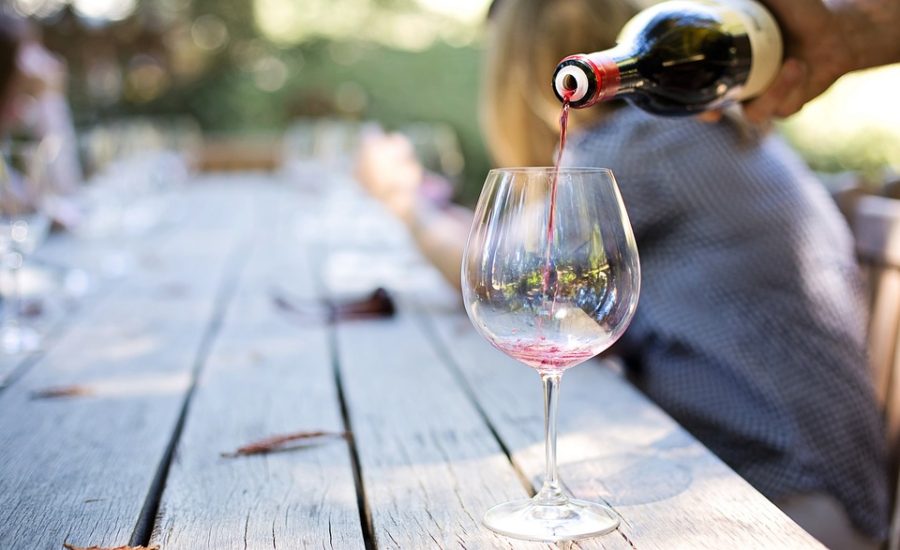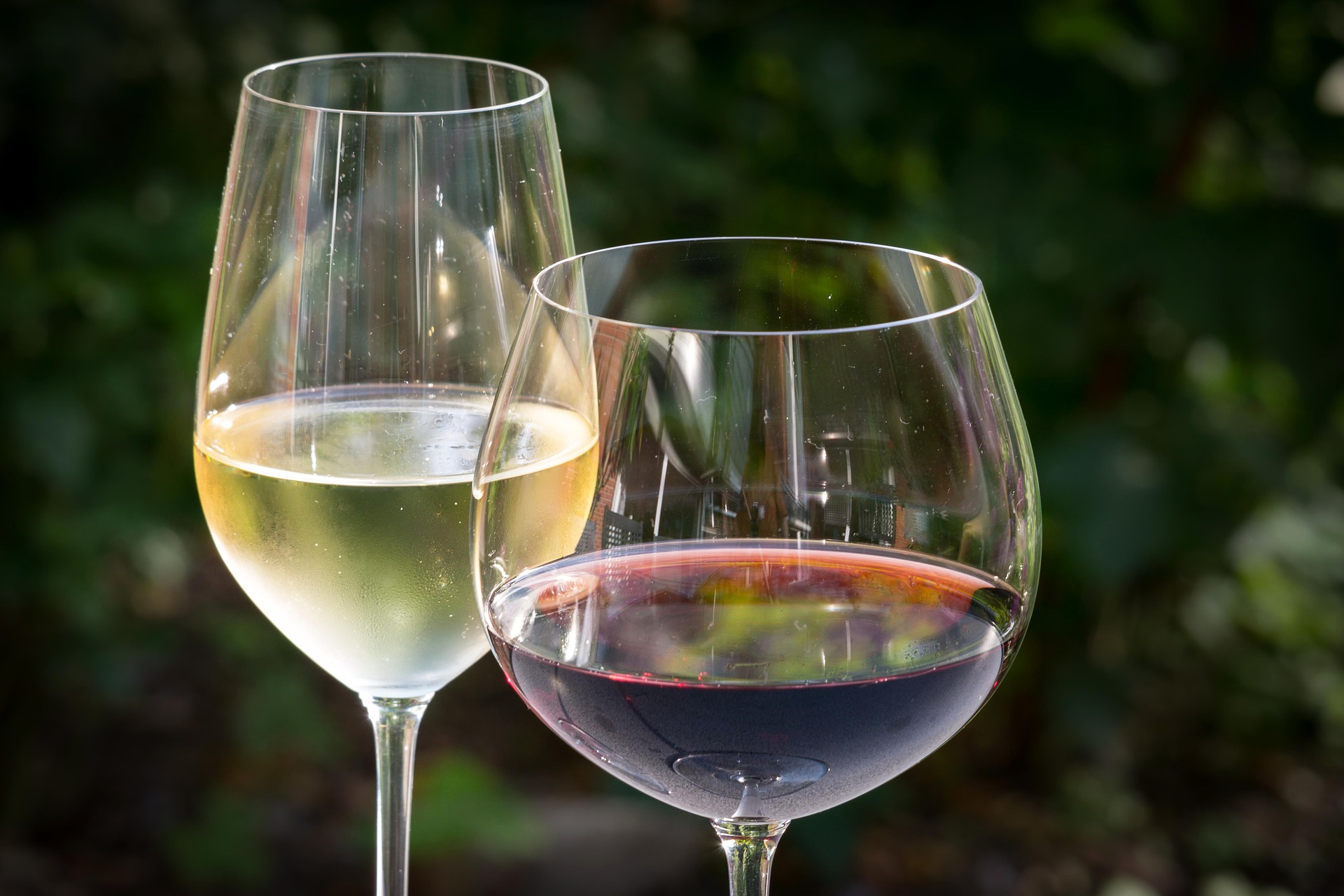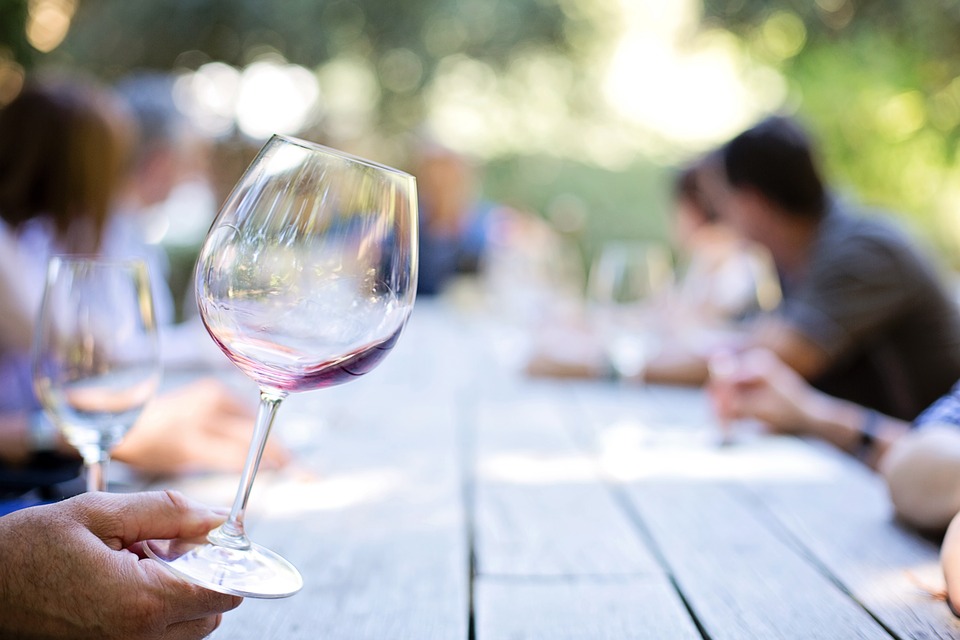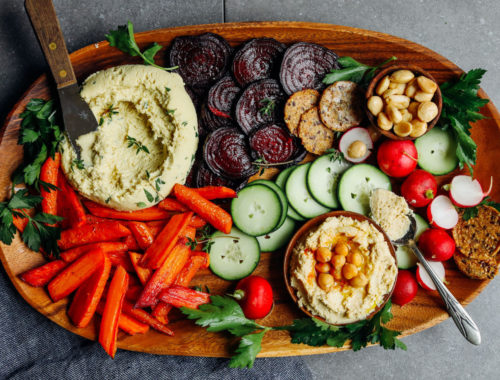Prevent
White vs. Red Wine: Do Either Have Cancer Benefits?

Can the health benefits of a daily glass of wine outweigh the risks?
Studies show that wine can improve heart health and reduce the likelihood of developing type 2 diabetes. But drinking alcohol in any forms, including red and white wine, is also strongly linked with certain cancer.
And not all wine is created equal: certain hazards and benefits go with drinking red versus white wine.
The Risks and Rewards of Red Wine
The benefits you may have heard about red wine mostly come from resveratrol.
Resveratrol is a polyphenol (plant chemical) found in the skin of red and purple grapes (less so in green). This chemical has antioxidant abilities that can protect your cells.
Reds contain more resveratrol than other wines because grape skins are removed early during the making of white and rosé wines.
According to wine expert, Benjamin Appleby, pinot noir has the highest concentration of resveratrol of all red wines. Pinot noir also usually has less alcohol and fewer calories than other red wines. This is because of its low sugar level before fermentation,
However, despite successful studies on animals, resveratrol may not be effective at preventing or treating cancer. The health benefits found in human studies are possibly from other lifestyle factors. For example, exercise and a healthy diet might provide these benefits rather than wine.
The amount of polyphenols in red wine is also not high enough to explain its health benefits for humans. The dose given to mice in successful studies would take too much red wine to be useful for humans. A 150-lb person would need to drink 750 to 1,500 bottles of red wine a day!
The amount of polyphenols in red wine is also small compared to other sources like blueberries, tea, apples, and dark chocolate.
White Wine Increases Melanoma Risk
While white wine is often overshadowed by reds, a few studies show they share some benefits.
Both red and white wine improve glucose control in some patients, and white wine has been linked to possible weight loss and anti-aging effects.
But a recent study published in the Cancer Epidemiology, Biomarkers & Prevention Journal found drinking white wine increased melanoma risk by 13%, when compared to other alcohols.
This may be because white wine contains fewer antioxidants to balance out the harmful effects of acetaldehyde, the flavor compound in alcohol that leads to cancer growth.
Drink Red, But Only in Moderation
The American Cancer Society recommends limiting alcohol consumption to no more than 2 drinks per day for men and 1 drink per day for women.
For the health benefits of wine: choose a single serving (5 ounces) of red wine over white.
While women who drink a glass of wine per day have a 10% increased risk of breast cancer, it doesn’t necessarily outweigh the 30% reduction in risk of heart disease also provided.
Keep in mind that drinking wine is not more important than eating a nutritious diet, getting regular exercise, and not smoking.







